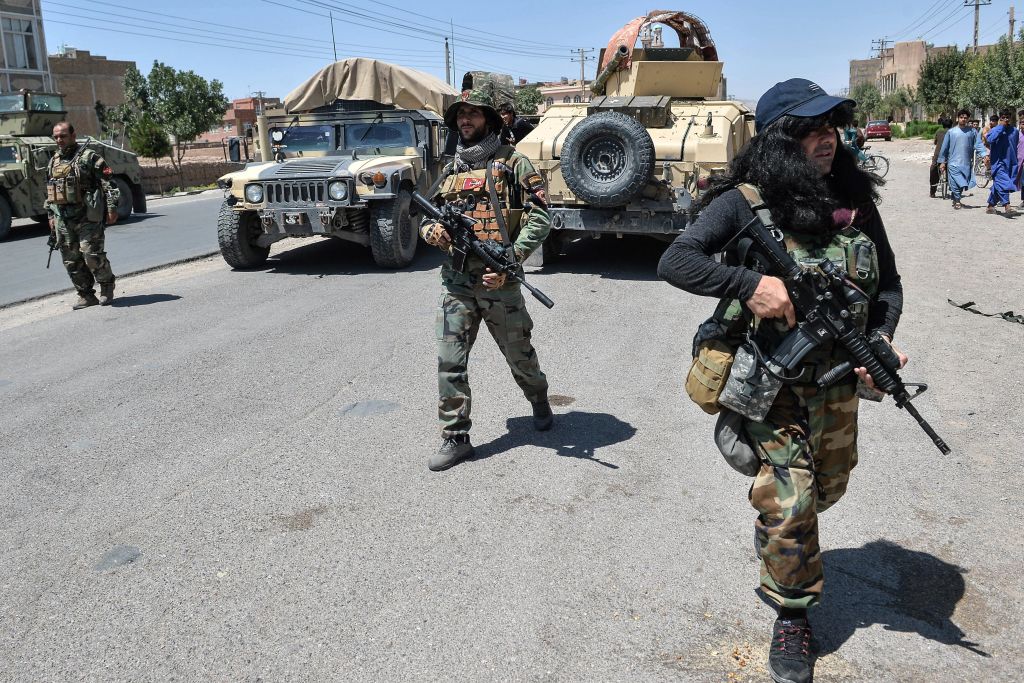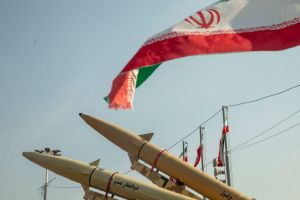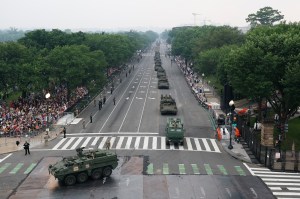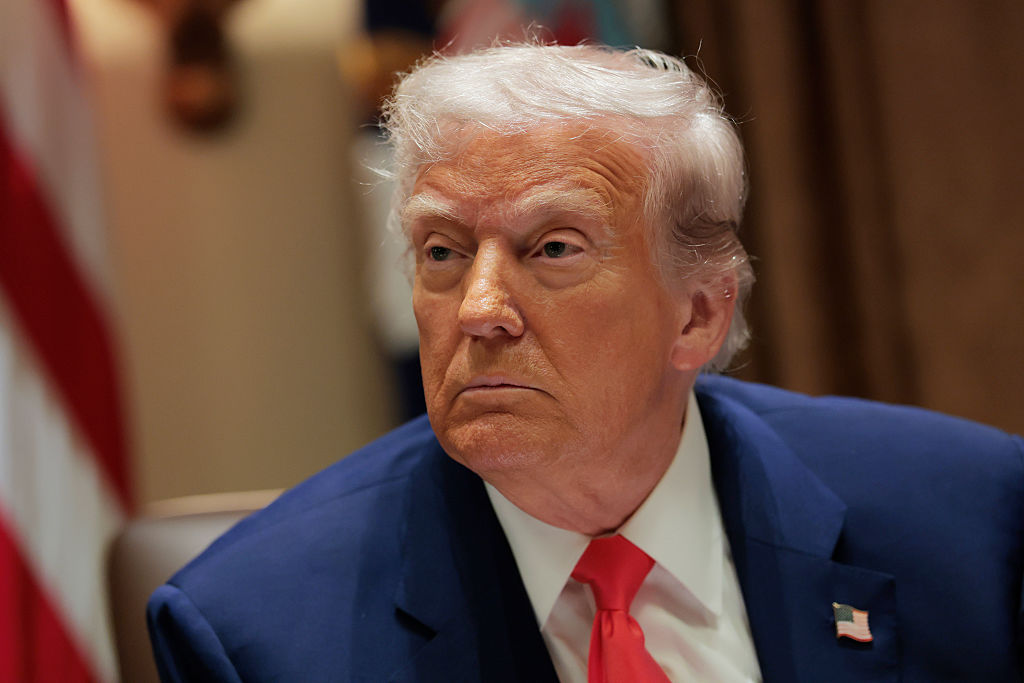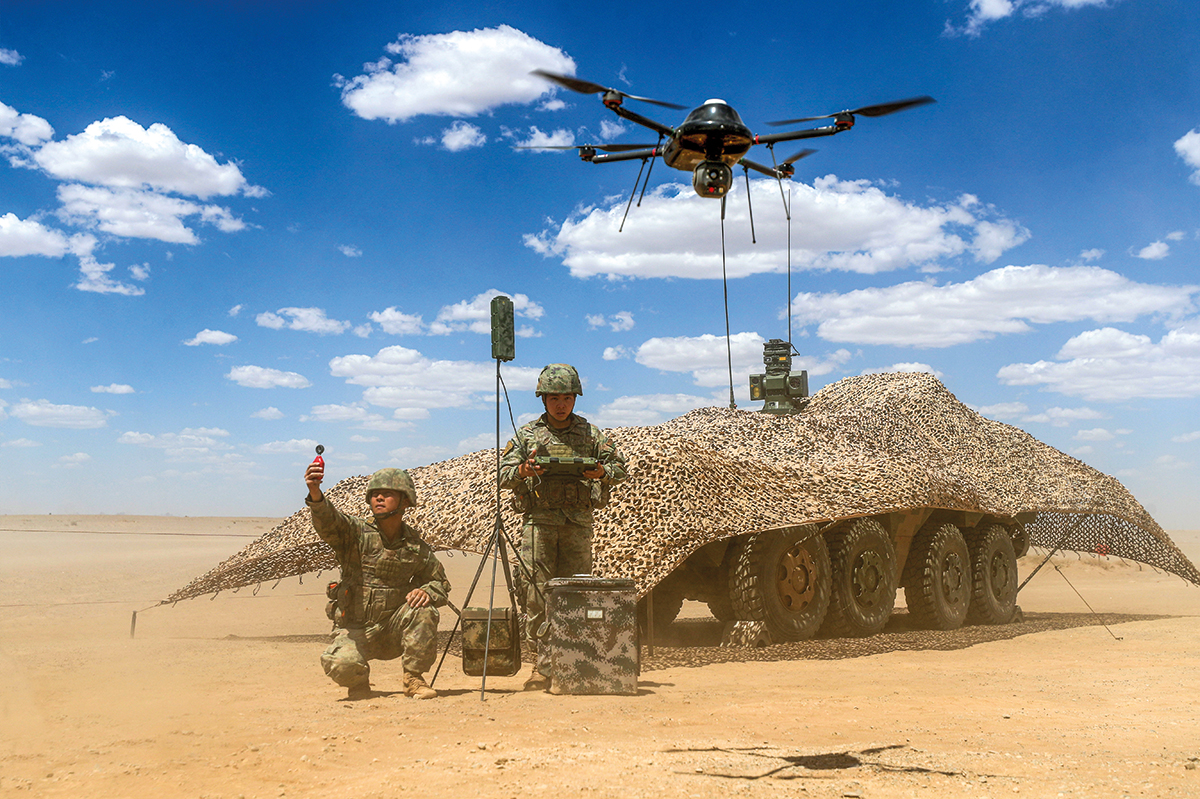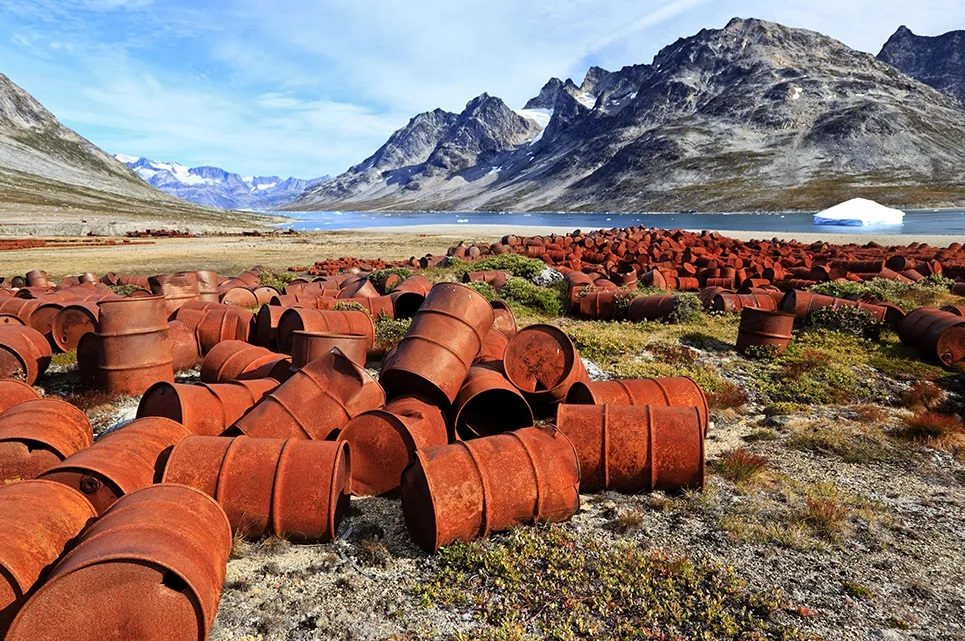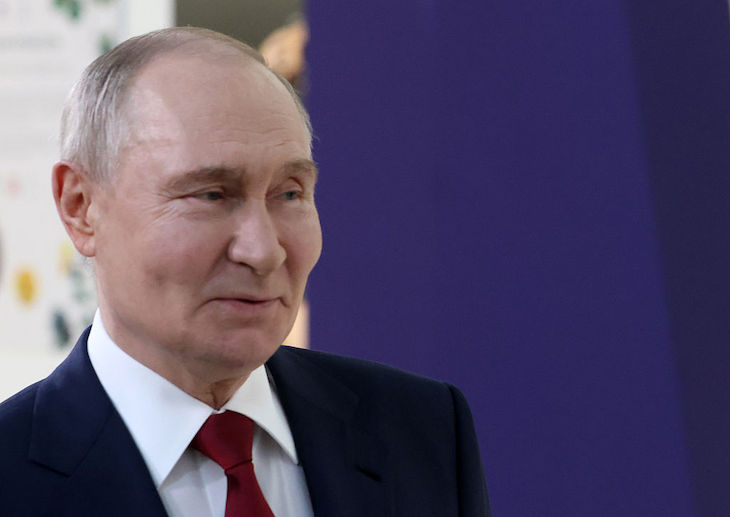After two tours of Iraq as a soldier, I spent six months in Afghanistan in 2007 as part of Operation Herrick VI. My deployment came a year after the then UK defense secretary, John Reid, said we would be ‘perfectly happy to leave the country in three years’ time without firing one shot’. However, the very first night I arrived in Lashkar Gah, the capital of Helmand, troops were battling the Taliban across the province, with thousands of shots fired every day. Plans were being made about how we would evacuate our camp if it was overrun.
Today, 14 years on, as the final US troops depart, left behind are more than 47,000 dead Afghan civilians, more than 3,500 dead soldiers from the coalition, and a country on the cusp of civil war. Lashkar Gah will probably become one of the first major cities to fall to the resurgent Taliban.
The ‘War on Terror’ is yesterday’s news, politicians say, having been replaced by the return of the great power rivalries. The rise of China, Russia’s disinformation war and the increase in cyberwarfare are the issues that now dominate. George W. Bush’s misguided war in Afghanistan in the aftermath of 9/11 now seems as much a part of history as the Victorian Great Game. For many, ‘Do not intervene’ is the obvious lesson. But war is inevitable. We need to learn from our failures in Afghanistan, or we will find ourselves once again fighting with no coherent strategy, against an enemy whose aims and objectives are alien to us, in a country whose culture we know nothing about.
In Afghanistan there was no clear and measurable strategy. This is a basic requirement if you want to unite a disparate set of allies behind a single purpose. At different times, the mission was to capture those behind the attacks on the Twin Towers, remove the Taliban, halt opium production, establish a democratic government and install western human rights. This was fundamentally naive in a country riven by decades of factional war and a centuries-old system of tribal politics.
Failures to coordinate these myriad objectives meant that they clashed. In 2007, while I was visiting the coalition’s Helmand HQ, a counter-narcotic task force from Kabul landed in a nearby district. The area’s commander had visited there the previous day to reassure the farmers that he was not interested in their opium crop if they did not support the Taliban. The task force, without the commander’s knowledge that they were in his area of responsibility, jumped from their helicopters and without explanation set fire to the same farmers’ fields, destroying the crops and with them the commander’s credibility and latest strategy.
This problem was compounded by organizational failures. As new commanders were rotated in every six months, our efforts were perpetually frustrated. Strategy was often decided by what capabilities and resources were available rather than the other way around. The military’s ‘can-do’ attitude meant the leadership soldiered on under-resourced. No one brought the military and politicians together to produce a coherent overarching strategy. No cost-benefit analysis was done on what blood and treasure would be spent to achieve our aims. The opaqueness of our objectives, meanwhile, made it impossible to accurately measure our success. The lie that we were winning could flourish. Without a coherent sense of our achievements, there was no obvious point at which we could justify an exit.
After Operation Snakebite successfully broke through the Taliban’s siege of Musa Qala (in northern Helmand) in August 2007, a former Taliban leader — who had defected to the Afghan government — was installed as governor. He was soon accused of concerning himself only with his own profit, and neglecting the reconstruction of the area. Locals naturally questioned what the point of the violence had been; one Afghan commented to me that ‘at least the Russians build some roads’. Repeatedly, after districts were taken, the promised reconstruction never materialized, the electricity stayed off, the drinking water didn’t flow, and the bombed-out buildings remained piles of rubble. Public failures merely made the next fight even harder.
The situation was not going to improve while we were still there, for we were the cause and target of the violence. Instead, the quagmire dragged on without anyone able to understand what we were doing, why we were there or what we hoped to achieve. Depressingly but predictably, Musa Qala was given to the Taliban.
In any future war, we will need to obtain a better understanding of our enemies and their aims. In Afghanistan, our cluelessness about the environment was worsened by the constraints of an over-simplified, binary way of thinking. After 9/11, the US split the world along Manichean lines: with us or against us. Early in the conflict defense secretary Donald Rumsfeld acknowledged: ‘I have no visibility into who the bad guys are.’ To the coalition, the presence of foreign fighters was a key metric. But this simple dichotomy did not match the reality of Afghan society. To some Afghans, people from the next valley were ‘foreign’. Rather than be on anyone’s side, most Afghans were motivated by complex, often historical, allegiances and grudges. Blinded by what we thought was a simple battle between good and evil, we were oblivious to this.
Few understood the history of three previous Anglo-Afghan wars, tribal politics or the Pashtunwali, the honor-based code of the Pashtun peoples (the largest ethnic group in Afghanistan that made up most of the Taliban). Even fewer spoke the language. Misunderstandings blighted every interaction. We negotiated with the wrong people and misunderstood the intent of friend and enemy alike. The construction of a school was halted when men from the village attacked the construction site — using laborers from another village was taken as a slight. Helmand was a dark void, with unreliable sources of information producing an uncertain and volatile environment.
The Americans eventually recruited anthropologists to help them understand the Afghan people, and we should take the same approach in preparing for a ‘Second Cold War’ with China. Our soldiers should learn Chinese language, history, politics and philosophy. Our embassies and consulates in China, Hong Kong and Taiwan should be full of the next generation of commanders immersing themselves in the culture and making contacts who will provide opportunities for deescalation. Never again should we put our troops into countries and cultures of which they have no basic knowledge.
Moving from boots to bots won’t change this. A clear lesson of both Afghanistan and Iraq is that the public are far more uncomfortable with the deaths of our troops than they once were, and so replacing troops with autonomous drones and remote strike commands is in some ways welcome. But soldiers will always be needed. Artificial intelligence underperforms in complex environments that require high degrees of understanding of human context. An army of bots is no substitute for greater research and preparation.
The war in Afghanistan will not end this year. With the country’s security forces not fully prepared to fight alone, we are likely to see more Taliban successes in one of the bloodiest summers since 2001. At the same time, international aid to Afghanistan is set to fall by approximately a fifth over the next four years, further hampering people we have long failed to understand or help appropriately. Our departure cannot exonerate us from our responsibilities to a country we have played a part in destroying. While ministers have recently expanded the UK’s relocation scheme for Afghan interpreters who served alongside our forces, it’s not being done quickly or generously enough. One interpreter who spoke to the BBC said his case was rejected because he refused to clean the toilets after three back-to-back patrols.
Perhaps the saddest lesson of all, though, is that time and time again we have forgotten the soldiers who still fight the brutal impacts of war after coming home. Last year saw the highest number of suicides among British soldiers since 2005. Meanwhile, the pandemic led to a 30 percent drop in Help For Heroes fundraising. Now, as the UK tries to forget the failures of the Afghanistan war, our soldiers must not be ignored by the politicians who put them on the battlefield in the first place.
This article was originally published in The Spectator’s UK magazine. Subscribe to the World edition here.



